Past Recipients
2012

Charles Freedman has helped steer Canada’s financial course. He studied commerce at UC, winning the Governor General’s Silver Medal; attended Oxford University on a Commonwealth Scholarship, then MIT, where he earned a doctorate in economics. In his 15 years as deputy governor of the Bank of Canada, Freedman played a key role in the formulation and implementation of monetary policy, financial system stability and the development of clearing and settlement systems. He has been a visiting scholar at the International Monetary Fund and is scholar-in-residence at Carleton University and a research fellow at the C.D. Howe Institute.
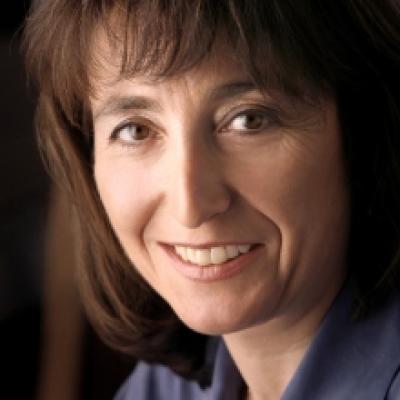
Astronomer Wendy Freedman studies the rate at which our universe is expanding. The director of the Carnegie Institution, she has been honoured with numerous scientific awards, including the prestigious Gruber Foundation Prize in cosmology. She is currently leading a project that uses the Spitzer satellite to measure the Hubble constant to an accuracy of two per cent. She is a member of the American Academy of Arts and Sciences, the National Academy of Sciences and the American Astronomical Society, among other associations.
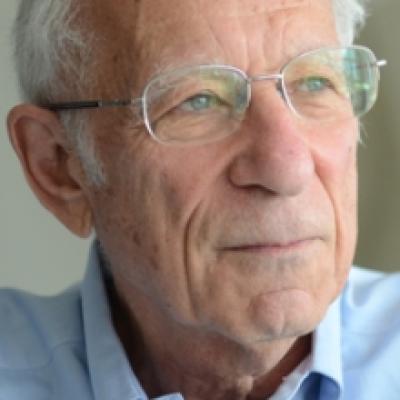
Lawyer and writer Martin Friedland is one of the nation’s foremost legal scholars. He taught at Osgoode Hall before joining the Faculty of Law at U of T, where he served as dean from 1972 to 1979. He has lent his expertise to a number of committees and commissions on legal issues and has written extensively on criminal law and the administration of justice. For his outstanding contributions to the legal system, Friedland was recognized with the Molson Prize, the Mundell Medal, the Arthur Martin Criminal Justice Award and the Sir John William Dawson Medal, among other accolades.
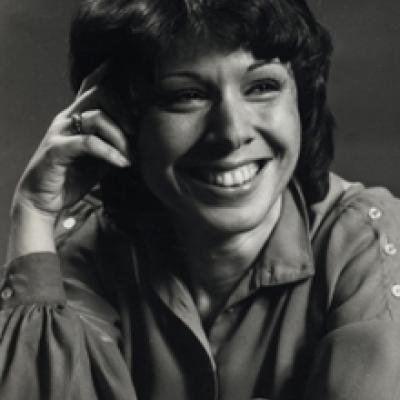
Barbara Frum was one of Canada’s most respected broadcast journalists. She wrote for The Toronto Star before joining CBC Radio in 1971 as the host of As It Happens, where she became widely known for her interviewing skills. Throughout the 1980s, she hosted 2,600 episodes of the news magazine, The Journal, where she interviewed many notable figures, including Margaret Thatcher and Nelson Mandela. Frum’s signature calm and integrity set an example for fellow reporters, and she is often credited with paving the way for female journalists in Canada.
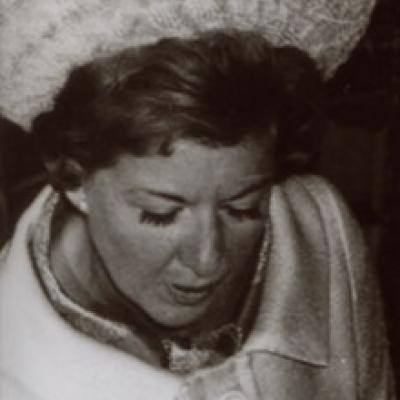
Child actress, businesswoman, hospital leader and philanthropist Helen Gardiner Phelan left a lasting impact. A director of Scott's Hospitality and Cara Holdings and president of the Langar Foundation, she created two chairs in women's health, a drama professorship and the Helen Gardiner Phelan Playhouse at University College. Seeking always to be a good example of women's participation in public life, she chaired Women's College Hospital and, subsequently, Lyndhurst Hospital.
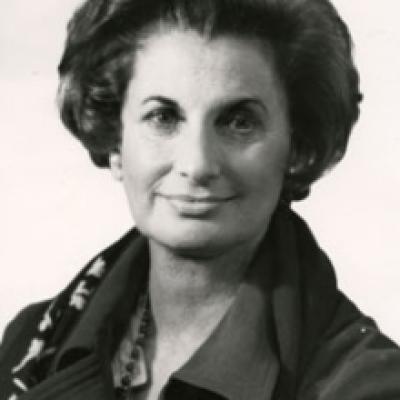
Eminent psychologist and mental health pioneer Reva Gerstein is a longtime advocate for people with psychiatric conditions. She is known for her signature non-medical approach, which calls for basic social supports for psychiatric survivors. Gerstein served as the first woman chancellor of Western University, and has held leadership positions with several hospitals, charities and arts organizations. She established the Gerstein Crisis Centre, helped create Mental Health Week and lent her expertise to many committees and tasks forces. She has been recognized with six honorary doctorates and numerous other awards and accolades.
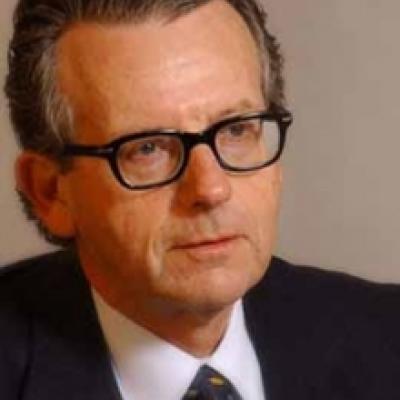
Investment mogul Ira Gluskin is the co-founder of Gluskin Sheff + Associates, an independent wealth management firm whose clients include some of the most noted families and individuals in Canada. After graduating from UC, he worked in the investment industry for two decades, gaining a reputation as a leading securities analyst. A strong supporter of arts and cultural organizations, Gluskin has also served as chair of the U of T Asset Management Corporation.
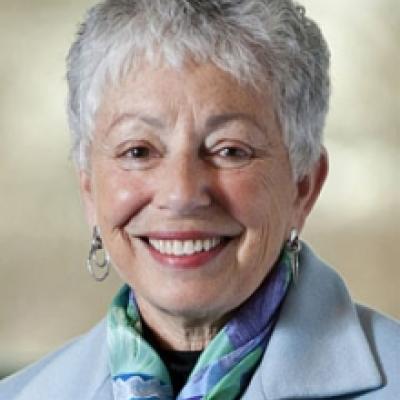
Community titan Anne Golden is one of Canada’s foremost proponents of social justice. She is the former chief executive officer of the United Way of Greater Toronto and the Conference Board of Canada. Golden gained national renown as the chair of task forces on the Greater Toronto Area and homelessness and has served as policy advisor to the Ontario Liberal Party. She holds eight honorary doctorates and has been recognized as one of Canada’s Most Powerful Women by the Women's Executive Network, among many other accolades.
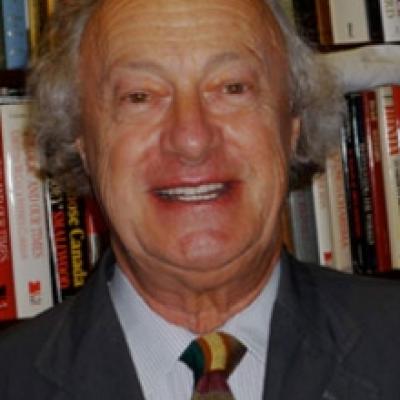
Marketing tycoon Martin Goldfarb has made tremendous contributions to public life and the business world. A sociologist by training, he is an expert in human behaviour as it relates to the marketplace. A leading figure in marketing since the 1960s, he is the founder of Goldfarb Intelligence Marketing, an internationally renowned market research firm. He has consulted for numerous high-profile international brands, including Ford and DeBeers, and served as the official pollster for the Liberal Party of Canada for nearly 20 years. Goldfarb has also dedicated considerable energy to philanthropic activities as a foundational supporter of several arts and educational institutions.
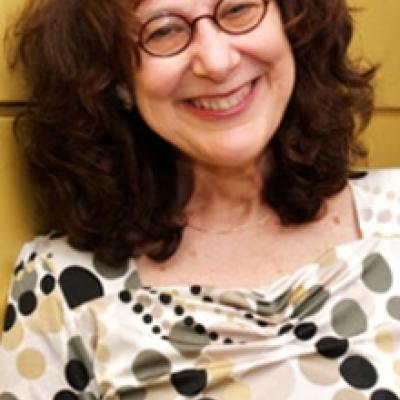
Publisher and editor Cynthia Good has made an indelible mark on the printed word in Canada. The UC English graduate served as the first editorial director of Penguin Books Canada, where she worked with authors John Ralston Saul, Michael Ignatieff, Alice Munro, Mordecai Richler and Timothy Findley, among others. The former fiction editor for The Walrus, Good is also the founder of the Creative Book Publishing Program at Humber College. She is currently an adjunct professor at Trent University and a popular speaker at book fairs across the nation.
Lawyer Edwin Goodman’s influence extended from the courtroom to the political backroom. The former chair of the National Conservative Party, Goodman was a close friend and advisor to former Ontario premiers John Robarts and Bill Davis (BA 1951 UC). One of the founding partners of the Toronto law firm Goodmans LLP, he was also a member of the Queen’s Privy Council for Canada.
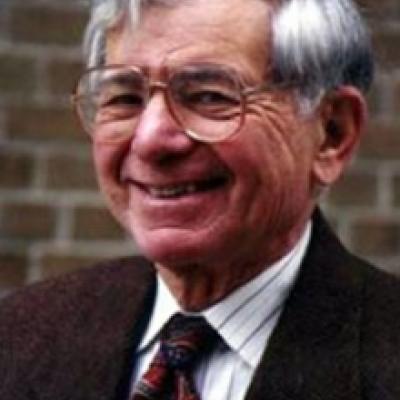
Computing pioneer and scholar Calvin Carl Gotlieb is aptly described as the father of computing in Canada. He co-founded the computation centre at U of T in 1948 and was part of the team that built the first computers in the nation. Gotlieb also created the first course in computing to be offered at a Canadian university and the first graduate department in computer science, both at U of T. An expert in mathematical, business and scientific applications, he is often consulted on social issues, timetables, graph theory, international development and seaway calculations.